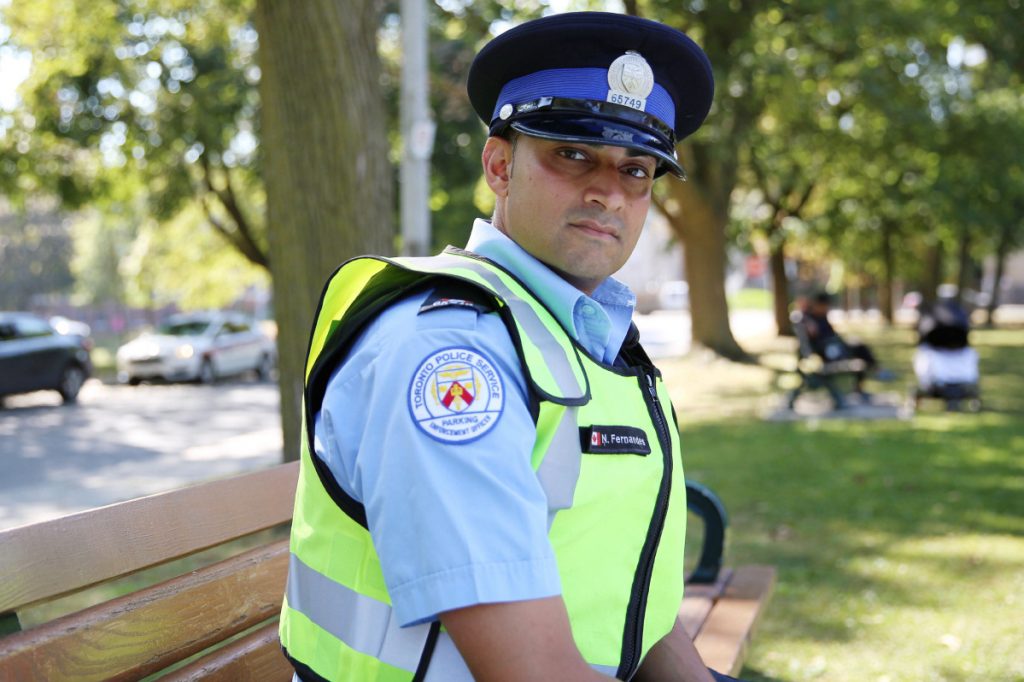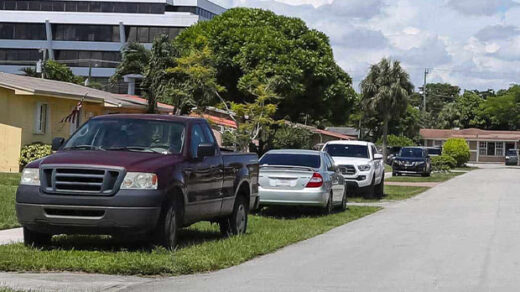Parking enforcement officers monitor roads and parking lots to ensure drivers are complying with local and state parking regulations. The role of parking enforcement officers in towns is important because they help maintain law and order on our roads. Parking enforcement officers must possess a number of skills, including excellent oral and written communication skills and strong interpersonal skills. To become a parking enforcement officer, you need at least a high school diploma. Nonetheless, you must meet the requirements of whatever agency you want to work with. You must hold a valid driver’s license and pass a physical fitness test. Read on to learn more about how to become a parking enforcement officer.
Table of Contents
Are Parking Enforcement Officers Police Officers?
As a parking enforcement officer, you are not a police officer. However, police can also issue tickets for illegal parking. If you started your career as a parking enforcement officer, you might decide to become a police officer after gaining some experience in the field. As a parking enforcement officer, your responsibilities are limited to enforcing parking laws and issuing citations for vehicles that violate these ordinances. You can find jobs as parking enforcement officers at municipalities and special events such as sports games, concerts, or festivals.
What Does a Parking Enforcement Officer Do?

Parking enforcement officers are not the same as police officers, although both include the execution of parking tickets. The duties of a parking enforcement officer are more specific; you are assigned to patrol a targeted parking area, flag vehicles, and assign parking tickets accordingly. The most common employers of parking enforcement officers are local or state governments and colleges or universities in high-traffic areas with limited parking resources. Parking enforcement officers assess vehicles for potential parking violations and issue warnings or tickets. Good communication skills are important as you may be patrolling a larger area with other police officers, such as a campus or busy city; you will also coordinate with towing companies to remove vehicles if necessary.
How To Become a Parking Enforcement Officer
Steps may vary by employer and location, but typically include:
Earn a high school diploma or GED. While a high school diploma is usually the minimum requirement, larger police forces often require all officers to be sworn patrol officers, which requires a college degree. For private organizations, diplomas and experience are usually preferred.
Pass a pre-employment assessment. Background checks and drug testing are done to ensure the candidate has a clean record and is legally fit for the role. Candidates must also pass a physical fitness assessment as these professionals should be in the good physical condition as the average day walks several miles.
Complete on-site training. Parking enforcement officers typically attend on-site training to understand the responsibilities and protocols associated with their job. In areas where officers are required to be sworn in as patrol officers, this includes completing officer training.
Parking Enforcement Officer Duties
The primary responsibility of a parking enforcement officer is to ensure that drivers comply with local parking laws and regulations and to issue citations for violations. Most police officers are assigned to a specific geographic area where they patrol and monitor violations such as parking in no-parking zones, expired meters, and other types of illegal parking. Depending on the municipality, officials may also be responsible for collecting fees from parking meters.
Parking enforcement officers issue warnings or citations when drivers violate parking laws. If the vehicle has an unpaid parking ticket, the driver can attach the trunk or other locking device and notify the towing company. The officer is responsible for writing reports and filing documents about violations and may be required to assist police in the event of an accident.
In some municipalities, parking enforcement officers may be assigned to work at special events such as sporting events or festivals to direct traffic and ensure efficient and safe parking. Because of their visibility in the city, parking officers also interact with the public, answering questions about parking, directions, or other information about the area.
Parking Enforcement Officer Requirements
The exact requirements to become a parking enforcement officer vary by employer, but generally, the position requires applicants to be at least 18 years old and have at least a high school diploma or GED. A thorough understanding of local parking laws and regulations is required, as well as the ability to effectively navigate a city or town. Some municipalities may require parking enforcement officers to be legal residents or take a civil service exam.
In addition to educational requirements, parking officers are expected to be in the good physical condition as the location often requires a lot of walking, and hold a valid driver’s license as they may need to drive to different parts of the designated patrol area. Reading comprehension and math skills are required, as well as the ability to articulate parking violations and communicate politely and professionally to others.
Conclusion
If you are interested in becoming a parking enforcement officer, the first thing to consider is how much education you need. Choosing the right major is always an important step when researching how to become a parking enforcement officer. Experience from other jobs will also help you become a parking enforcement officer.



